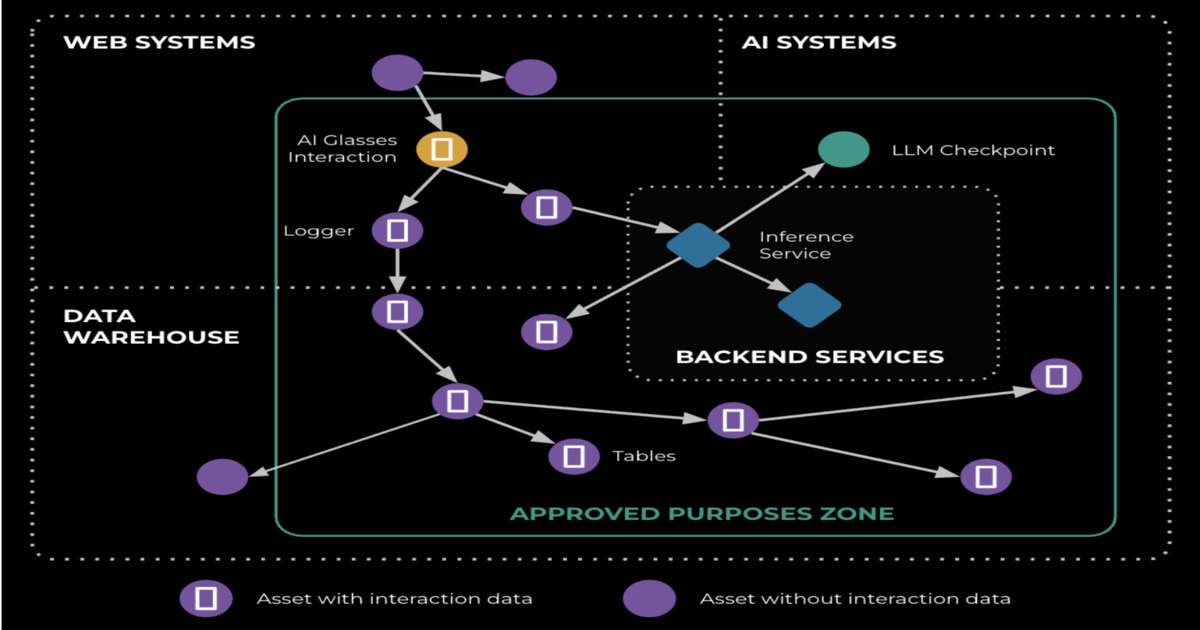Codetown
Codetown ::: a software developer's community
Whats the best iPhone development environment?
Tags:
Replies to This Discussion
-
Permalink Reply by Robert Hedin on October 12, 2009 at 3:23pm
-
If you're wanting to write for the App Store, XCode is pretty much it. All of the iPhone libraries are either Objective-C (user interface) with some C level under pinnings.
As far as books go, to be honest I don't believe anything really talks about the current 3.1 OS, so I'm a bit hesitant to recommend anything today. The Apple docs on the dev site aren't too bad.
rob. -
-
Permalink Reply by Kevin Neelands on October 12, 2009 at 8:14pm
-
Mara said:
Let's just say I've been better.how are you -
-
Permalink Reply by Mara on October 13, 2009 at 5:27pm
-
I have this error: ".objc_class_name_MCPConnection", referenced from:
-
-
Permalink Reply by Walt Sellers on October 13, 2009 at 10:32pm
-
If you look at some of the developer agreements, at least one of them specified that the software must be developed on a Mac.
The Mac Mini is the cheapest to buy new, but any Intel-based Mac will do. I recommend against any of the single-core Macs myself.
I've read Zdziarski's "iPhone Forensics" book and it was really good. (Perhaps outdated now.) And its an O'Reilly book. So his other books might also be good.
I've looked through a "cookbook" in the bookstore. It seemed really straight-forward, except that it kept mentioning things that were not in the public API's (Apple's agreements require using only public API's in apps for the App Store.)
Aaron Hillegass and the Big Nerd Ranch have been doing Cocoa training and books for many years. His Cocoa and Mac OS X books are very good. (Objective-C is rolled up in there too.)
Once you have your developer account with Apple, you can access some videos on iPhone programming.
There are some alternative iPhone App generators out there, but they are usually specific to games and such. Apparently Adobe has a Flash-to-iPhone app generator as well. (Turns a flash show into a stand-alone app.)
It is possible to do Objective-C coding with any computer that can run the gcc compiler. I've seen a friend using it to write Objective-C on a Linux box (intending to transfer to a Mac sometime later.) However, that does not include the Cocoa frameworks that ship with the Apple OS's.
XCode does have some very good features for programming on iPhone or Mac. In particular, the code-completion feature makes entering the very-long method names very easy. (Not only do you know there is no typo in the name, but the argument list is completed as well.) -
-
Permalink Reply by Kevin Neelands on October 14, 2009 at 9:06am
-
Thanks! I'll start looking at getting a mac and diving into this.
-
-
Permalink Reply by Kevin Collins on January 19, 2010 at 9:53pm
-
Hi Kevin,
I noticed that, like me, you are getting into iPhone development.
I joined the iPhone Development group and pretty new to iPhone development. I am looking to network with other developers, share my experiences and learn from others. I have been an applications developer for a large corporations in Jax, FL for more than 25 years. I got involved with iPhone development as a fall back due to many layoffs at my company. Fortunately I am still employed and enjoying working with Apple's XCODE SDK.
I just released my first iPhone App, Party Twacker, on December 11, 2009. If you ever get stumped on and iPhone dev issues, feel free to send me a message.
Take Care,
Kevin Collins -
-
Permalink Reply by Kevin Neelands on January 19, 2010 at 10:03pm
-
I checked out the party Twacker - cool! Sadly, I am not into the bar or even the drinking scene anymore, but if I was I'm sure I'd use it. You can see some of my stuff here:
http://user.gru.net/nemesis/iphoneAppPages/ -
-
Permalink Reply by Kevin Collins on January 19, 2010 at 10:17pm
-
You have been busy! Six apps already in iTunes. That's impressive. I am not trying to get personal but how has your marketing been going? I am in the process of publishing a Lite Version of my app to try get more interested buyers. With the App Store not having a return policy, people are more reluctant to purchase apps. I am checking out your apps now and they look really cool. Best of Luck with your Apps.
Kevin
Kevin Neelands said:I checked out the party Twacker - cool! Sadly, I am not into the bar or even the drinking scene anymore, but if I was I'm sure I'd use it. You can see some of my stuff here:
http://user.gru.net/nemesis/iphoneAppPages/ -
-
Permalink Reply by Kevin Neelands on January 20, 2010 at 8:37am
-
How's marketing going? I'm earning enough to treat myself to delivery pizza once a week. I *think* good reviews help the marketing process, so if you enjoy and of my apps please write one! The picture-kaleidoscope is a rather good fit with party twacker - take a photo of a cute girl, create a a kaleidoscope image of her, and she'll be tickled pink!
-
Notes
Welcome to Codetown!
 Codetown is a social network. It's got blogs, forums, groups, personal pages and more! You might think of Codetown as a funky camper van with lots of compartments for your stuff and a great multimedia system, too! Best of all, Codetown has room for all of your friends.
Codetown is a social network. It's got blogs, forums, groups, personal pages and more! You might think of Codetown as a funky camper van with lots of compartments for your stuff and a great multimedia system, too! Best of all, Codetown has room for all of your friends.
Created by Michael Levin Dec 18, 2008 at 6:56pm. Last updated by Michael Levin May 4, 2018.
Looking for Jobs or Staff?
Check out the Codetown Jobs group.
InfoQ Reading List
How CyberArk Protects AI Agents with Instruction Detectors and History-Aware Validation

To prevent agents from obeying malicious instructions hidden in external data, all text entering an agent's context must be treated as untrusted, says Niv Rabin, principal software architect at AI-security firm CyberArk. His team developed an approach based on instruction detection and history-aware validation to protect against both malicious input data and context-history poisoning.
By Sergio De SimoneAnthropic announces Claude CoWork

Introducing Claude Cowork: Anthropic's groundbreaking AI agent revolutionizing file management on macOS. With advanced automation capabilities, it enhances document processing, organizes files, and executes multi-step workflows. Users must be cautious of backup needs due to recent issues. Explore its potential for efficient office solutions while ensuring data integrity.
By Andrew HoblitzellTracking and Controlling Data Flows at Scale in GenAI: Meta’s Privacy-Aware Infrastructure

Meta has revealed how it scales its Privacy-Aware Infrastructure (PAI) to support generative AI development while enforcing privacy across complex data flows. Using large-scale lineage tracking, PrivacyLib instrumentation, and runtime policy controls, the system enables consistent privacy enforcement for AI workloads like Meta AI glasses without introducing manual bottlenecks.
By Leela KumiliMIT's Recursive Language Models Improve Performance on Long-Context Tasks

Researchers at MIT's CSAIL published a design for Recursive Language Models (RLM), a technique for improving LLM performance on long-context tasks. RLMs use a programming environment to recursively decompose and process inputs, and can handle prompts up to 100x longer than base LLMs.
By Anthony AlfordSalesforce Migrates 1,000+ EKS Clusters to Karpenter to Improve Scaling Speed and Efficiency

Salesforce has completed a phased migration of more than 1,000 Amazon Elastic Kubernetes Service (EKS) clusters from the Kubernetes Cluster Autoscaler to Karpenter, AWS’s open-source node-provisioning and autoscaling solution.
By Craig Risi
© 2026 Created by Michael Levin.
Powered by
![]()